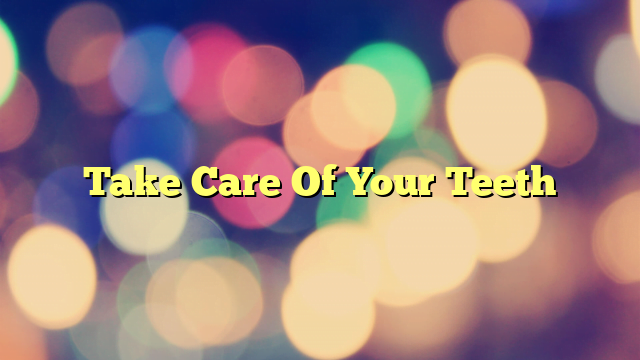Prescribed Meds & Its Effects On Your Mouth
Prescribed Meds & Its Effects On Your Mouth
Some medications can affect your teeth and gums. It is mainly because of the composition of the medicine that you are taking in. When you are experiencing any of these, you should consult the doctor so that it will be treated immediately. So, what are the common effects of the medications to the teeth and the gums?
Abnormal Bleeding. Some medications like the anticoagulants such as Xarelto and aspirin can cause the gums to have an abnormal bleeding. They lessen the clotting ability of the blood and this leads to abnormal bleeding during an oral surgery. Before undergoing any surgical procedure in the mouhth, it’s important to let your dentist know that you are taking in some aspirins or anticoagulants so that precautions can be done to minimize the bleeding of your gums. Also, when brushing your teeth, you should use a toothbrush with soft bristles to reduce the gum bleeding. We want to lower your risk of bleeding especially with all the xarelto lawsuits.
Tissue Reactions. If you are taking in some medications for blood pressure, chemotherapy, oral contraceptives and immunosuppressive agents, there is a possibility that you can develop some tissue reactions on your gums. Your gums can be inflamed, you can develop a mouth sore, or the tissues on your gums and your mouth can have some discoloration. When having this kind of medication effect, you should let your dentist know it beforehand. A special dental care will be prescribed to you to ease the pain or the discomfort that you are feeling and to prevent these tissue reactions as much as possible.
Gum Swelling. The gum enlargement can occur when you are taking medications for epilepsy and other antiseizures, cardiovascular medications such as calcium channel blockers, and immunosuppressant drugs. The gum enlargement may sometimes cause you to feel uncomfortable. Also, an enlarged gum is more sensitive than a normal gum. While you are taking any of these medications that can cause gum enlargement, you should take an extra care when brushing your teeth and flossing. The best solution for this medication effect is to consult your dentist so that he or she can give you the specific dental instructions to treat this gum enlargement.
Tooth Cavity Risks. Medications that contain sugar, especially those that are prescribed to kids, can cause the cavity to form on the teeth. The medicines that contain sugar include antacid tablets, cough drops, chewable tablets, antifungal agents, and vitamins. Taking in too much of these medicines can lead to the formation of cavities on the teeth.
To avoid having cavities while taking these medicines, it is best to drink these medicines in the tablet form and they should be taken in after having a meal so that you can brush your teeth afterwards. Do not take in these medicines just before going to bed. The sugar will be left on the teeth and that will lead to the formation of the cavity. You can also chew a sugarless gum as an alternative for brushing your teeth.
Teeth and Gum Discoloration. There are some drugs also that can alter or change the color of your gums and teeth. Some of medicines include the minocycline, a treatment for acne, and the chlorhexidine, a gum disease treatment. The minocycline leaves a black pigmentation on the gums. Also, it leaves a grayish color on the teeth. The chlorhexidine, on the other hand, can leave a stain on the teeth.
Discuss a tooth-whitening procedure with your dentist if you want to remove the stains that were left on your teeth.


